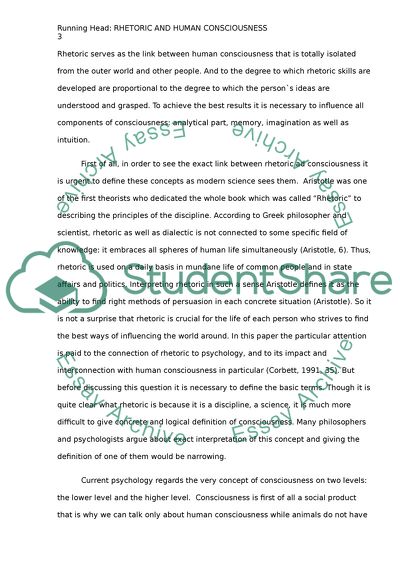Cite this document
(Rhetoric and Human Consciousness Essay Example | Topics and Well Written Essays - 2250 words - 1, n.d.)
Rhetoric and Human Consciousness Essay Example | Topics and Well Written Essays - 2250 words - 1. https://studentshare.org/social-science/1874561-contemporary-rhetorical-theory-term-paper-assignment
Rhetoric and Human Consciousness Essay Example | Topics and Well Written Essays - 2250 words - 1. https://studentshare.org/social-science/1874561-contemporary-rhetorical-theory-term-paper-assignment
(Rhetoric and Human Consciousness Essay Example | Topics and Well Written Essays - 2250 Words - 1)
Rhetoric and Human Consciousness Essay Example | Topics and Well Written Essays - 2250 Words - 1. https://studentshare.org/social-science/1874561-contemporary-rhetorical-theory-term-paper-assignment.
Rhetoric and Human Consciousness Essay Example | Topics and Well Written Essays - 2250 Words - 1. https://studentshare.org/social-science/1874561-contemporary-rhetorical-theory-term-paper-assignment.
“Rhetoric and Human Consciousness Essay Example | Topics and Well Written Essays - 2250 Words - 1”. https://studentshare.org/social-science/1874561-contemporary-rhetorical-theory-term-paper-assignment.


